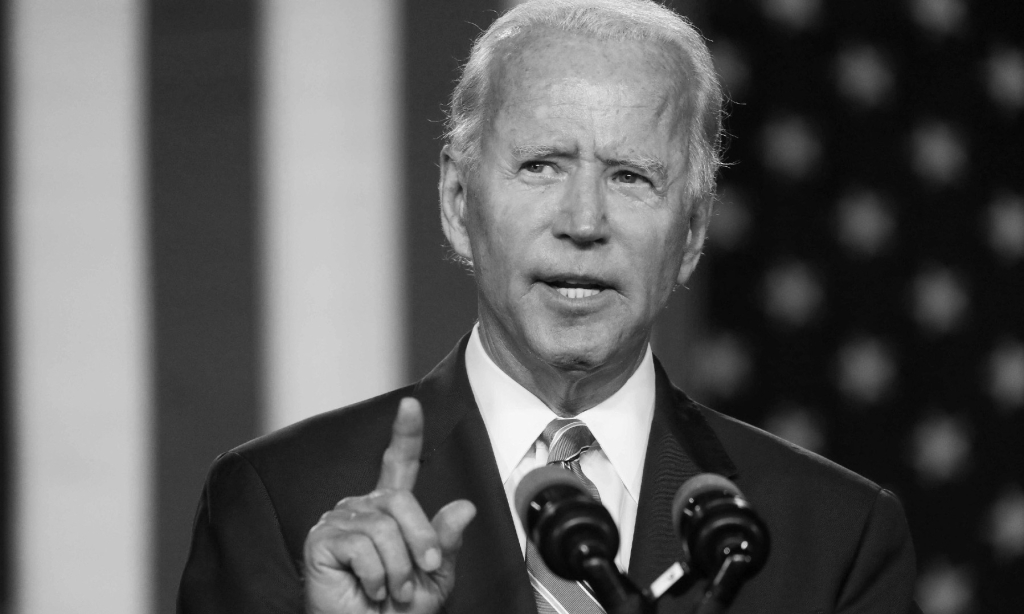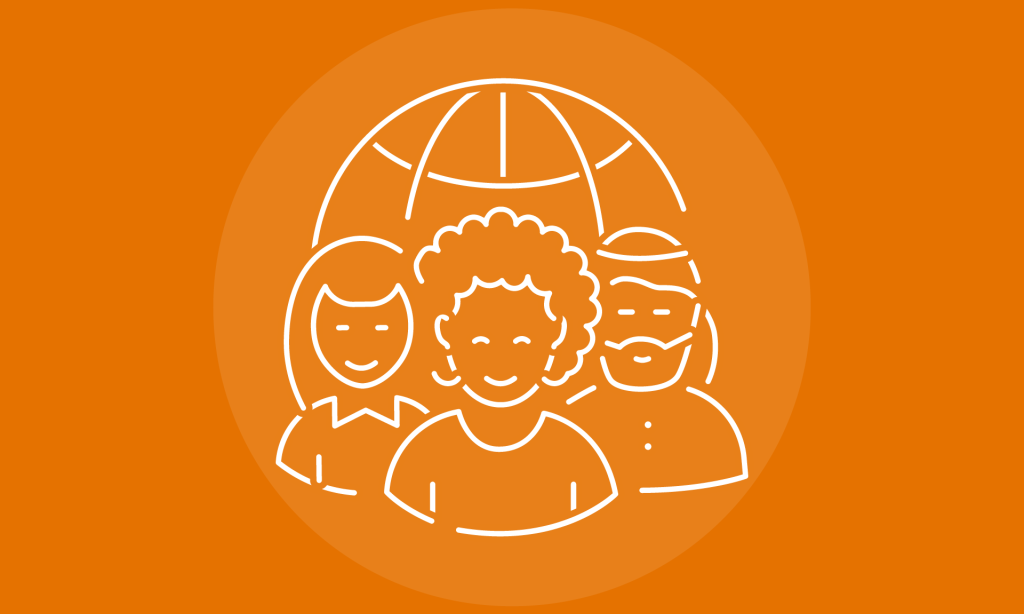

 Article
Article

Massive open online course (MOOC) providers such as Coursera and FutureLearn have been riding a wave of job security fears caused by automation and digital disruption to increase their reach and revenue. Anne Trumbore shares insights on what MOOCs can do for you.
Income inequality in the United States is the greatest it has been in a century — a problem the Biden administration has expressed an intention to tackle. While there are no easy fixes, the government plans to focus on several tactics: a $1.9 trillion relief package, taxing the wealthiest Americans and investing in education.
David Touve, senior director at the University of Virginia Darden School of Business Batten Institute, recently answered five questions on Section 230, the controversial law that many say helped create the internet as we know it.
New year, new you? Flipping the calendar has become a cliché for goals, resolutions, intentions and self-improvement. The Batten Institute’s Sean Carr speaks with Professor Ed Hess to share how we can all simply be better at changing.
The cultural mismatch between lending professionals and potential clients in diverse communities can cause lost revenue in what could otherwise be a win for all. Here: the story of a bank attempting to expand its market, a family facing the financing challenges of immigrant entrepreneurs, and a loan officer who embraces “character-based lending.”
One of the most complicated mass mobilizations and product distribution launches the world has ever attempted, the COVID19 vaccine is the most effective tool to getting the world out of this pandemic. Professor Vivian Riefberg addresses 4 challenges of the vaccine rollout.
Jen Coleman, executive director of the University of Virginia Darden School of Business Armstrong Center for Alumni Career Services, offers tips when looking to make a career move.
The Post-Information Age means it’s time to take stock of what it means for you personally and professionally. The definition of success of digital products has changed significantly. Here are three recommendations for managers who understand they need to do more with digital.

Nicholas Sargen, a lecturer at the University of Virginia Darden School of Business and economic consultant, offers his thoughts on President Biden's potential changes to regulation that could have major impact on the U.S. economy: climate change, health care and the technology sector.

Building a successful organization requires more than hiring smart people with the right skills. It also requires a mutual sense of purpose — a strong company culture. Even before COVID-19, that was no small task. Darden experts weigh in on frameworks for improving the quality of culture, as well as building the kind that benefits all involved.